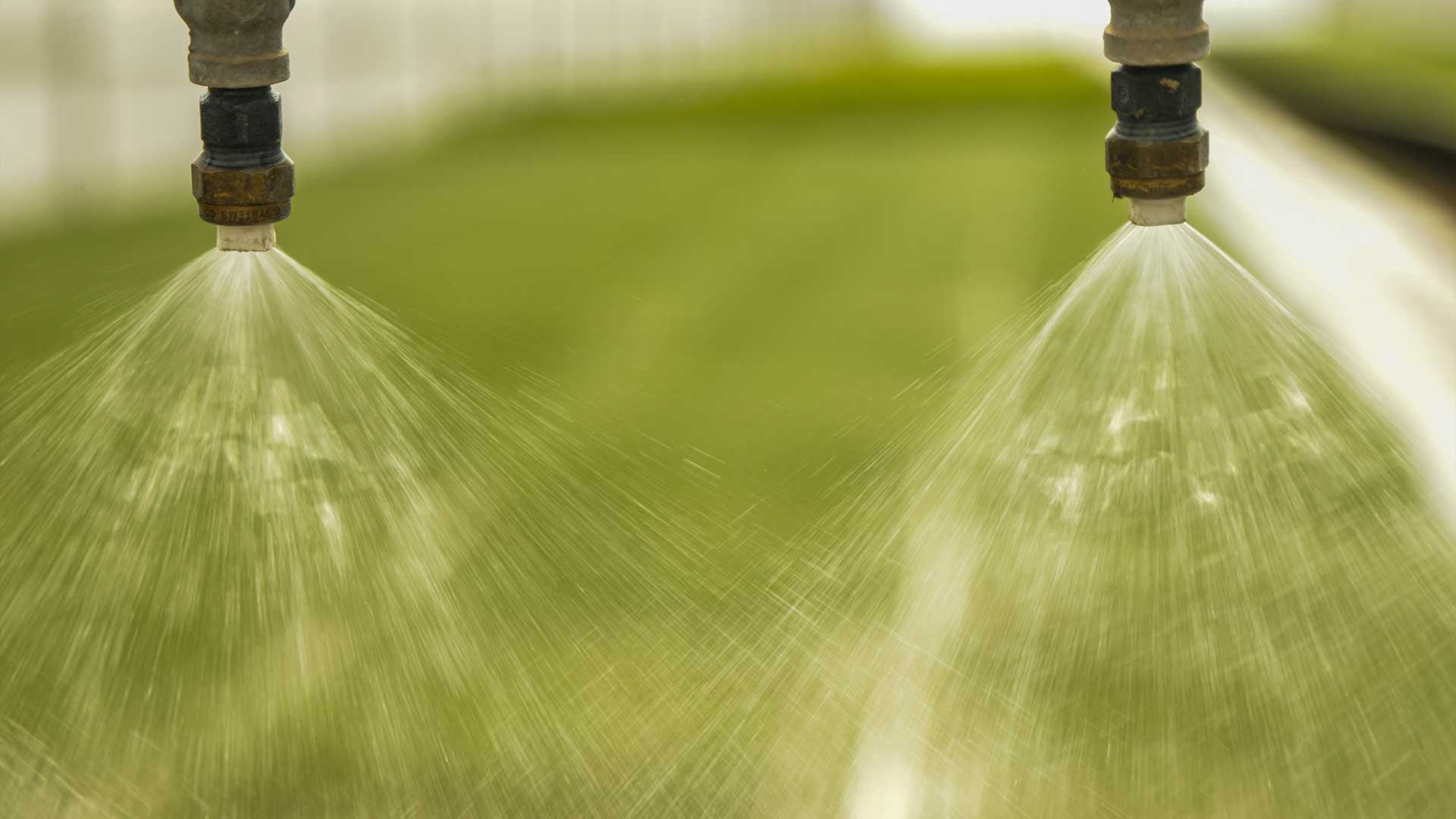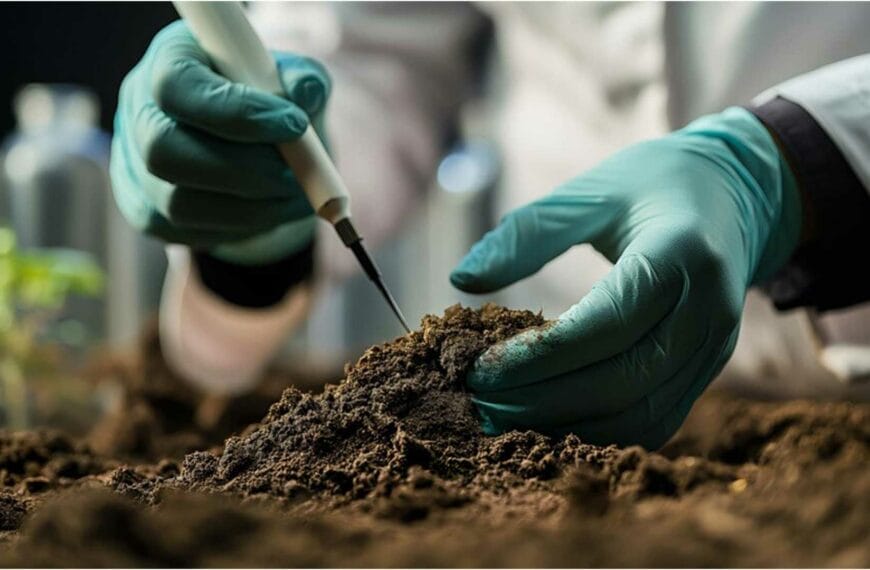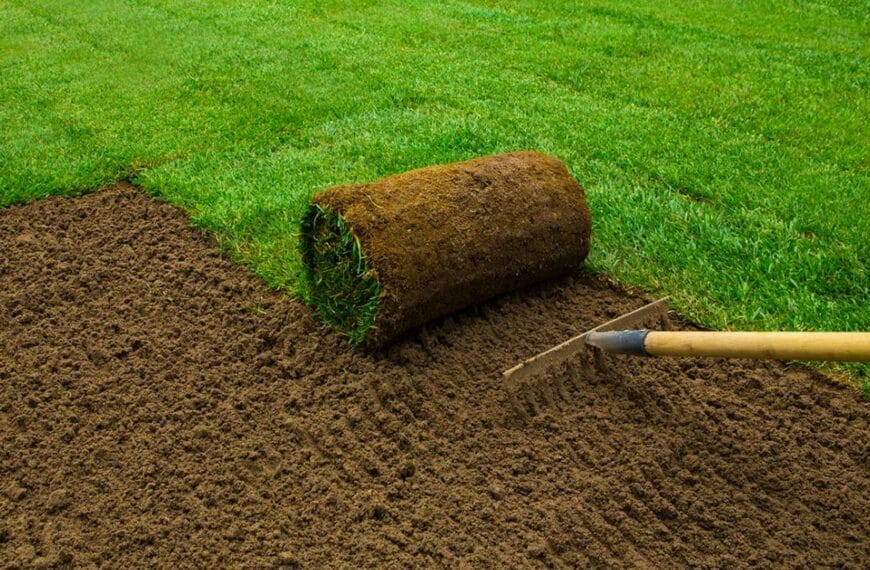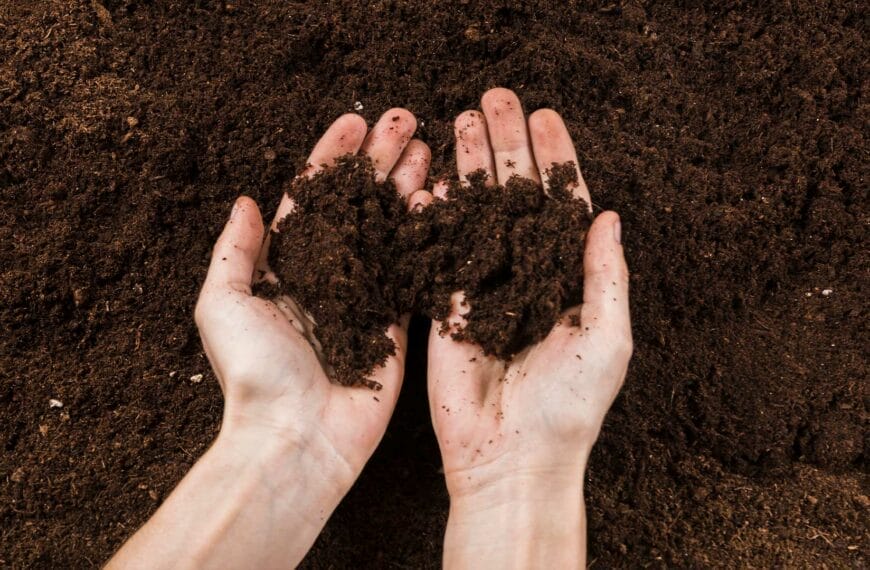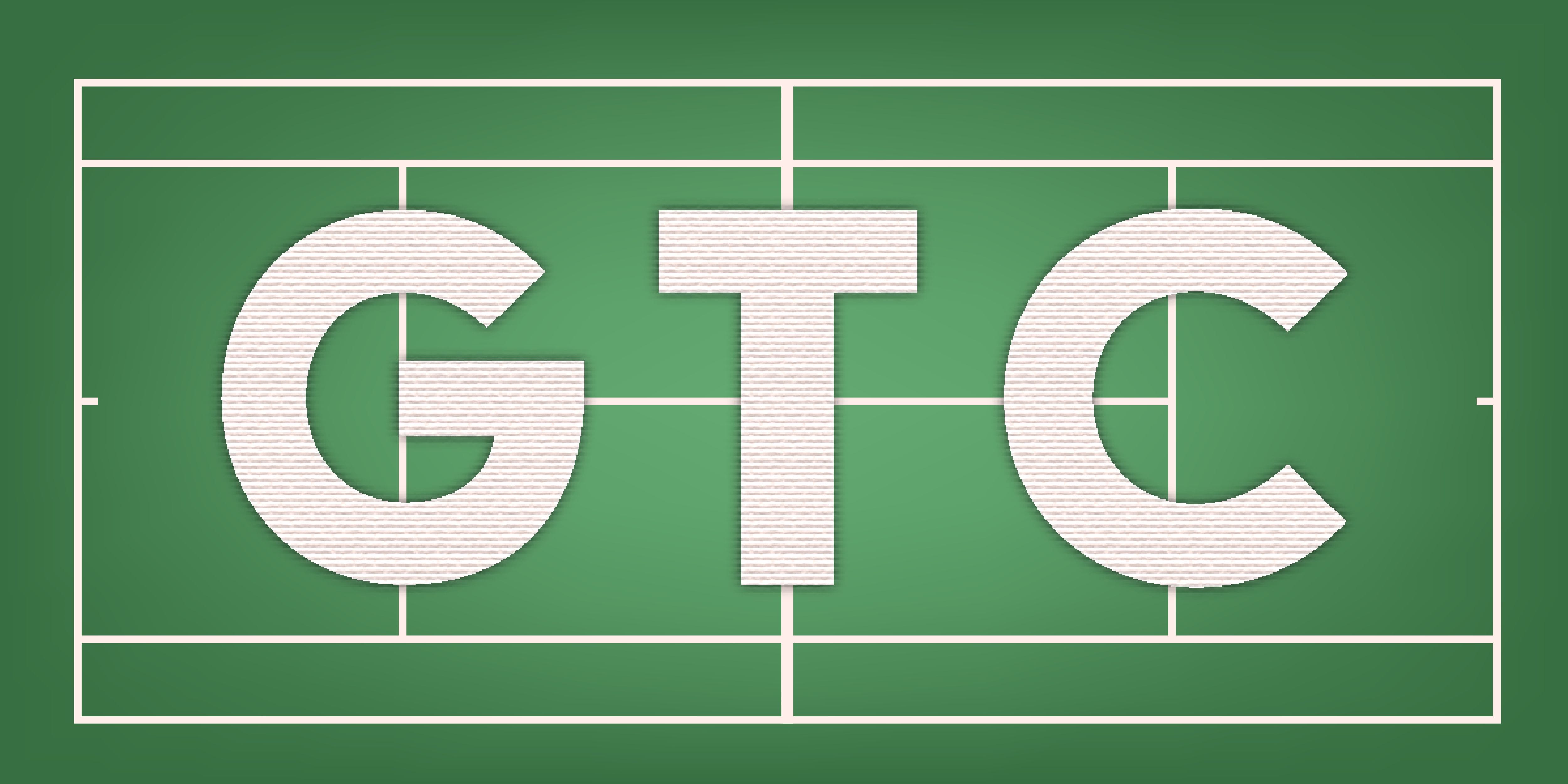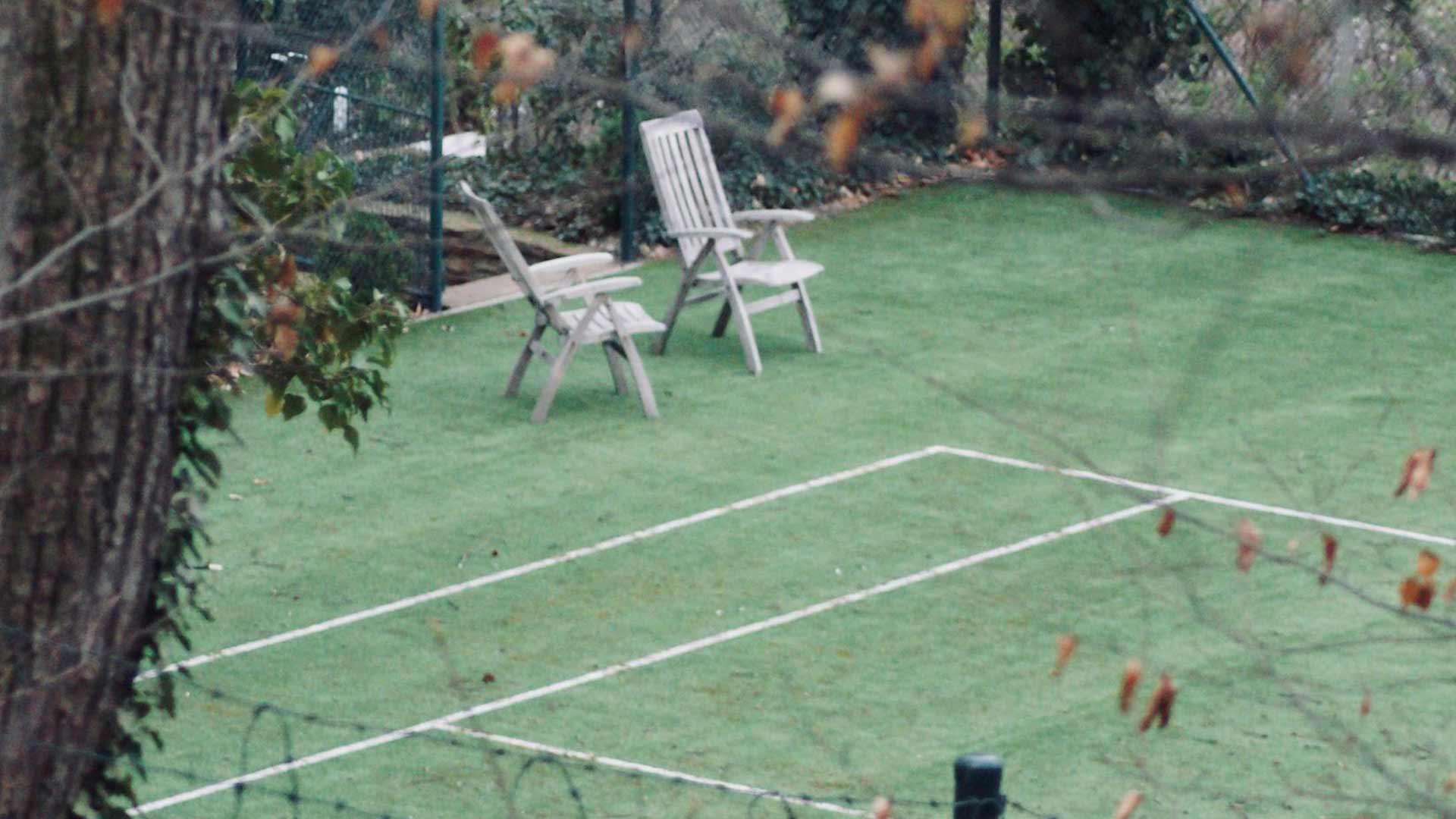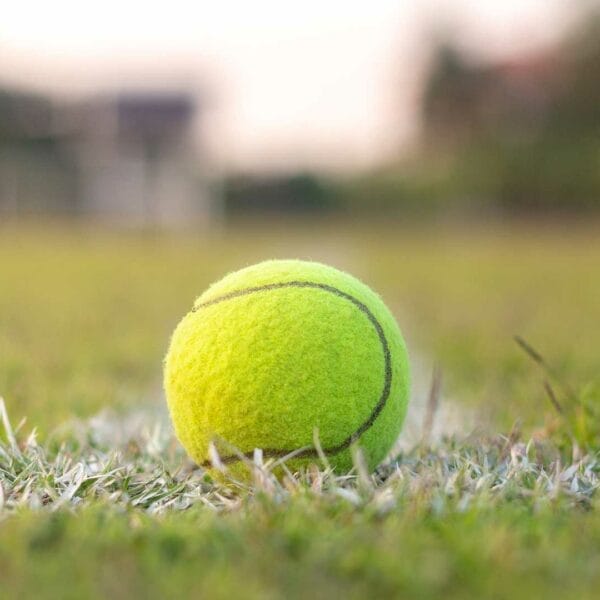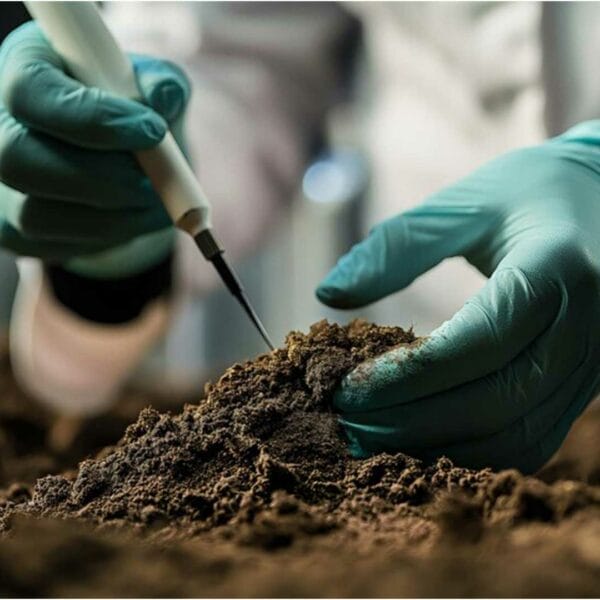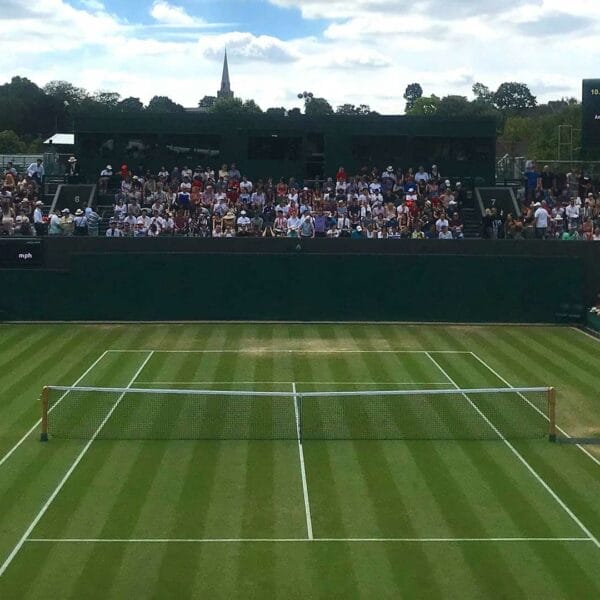Tennis court irrigation is not just about watering grass; it’s an art and a science that requires precision, understanding, and the right equipment. As someone deeply embedded in the world of grass tennis clubs, I’ve come to realize that the difference between a good and a great grass court often lies in its irrigation system. Rain Bird, a leader in the irrigation industry, offers products and solutions that can significantly elevate the quality of your tennis courts.
Learn about Tennis Court Irrigation
- Benefits of Rain Bird systems
- Efficient water distribution
- Customized to tennis court needs
- High-quality products like 751 and 700 Series Golf Rotors
Tennis Court Irrigation
Irrigation for Tennis Courts
Irrigation systems for grass tennis courts need to address specific challenges such as maintaining optimal soil moisture without overwatering, which can damage the grass and affect play. From my experience, the key lies in implementing a system that provides uniform water distribution in a controlled manner. This involves selecting the right type of sprinklers and ensuring they are placed strategically to cover the court evenly while avoiding excess water in any area.
A typical irrigation system for a grass tennis court includes several components: controllers, sensors, valves, and sprinklers. Each plays a crucial role:
- Controllers allow you to set watering schedules and durations to match the specific needs of your grass type and local climate conditions.
- Sensors, including rain and soil moisture sensors, help adjust watering based on real-time environmental conditions.
- Valves regulate the flow of water to different zones of the court.
- Sprinklers should be chosen based on their ability to provide gentle, uniform coverage across the court.
Integrating these elements into an efficient irrigation system not only conserves water but also ensures that the grass remains in prime condition for the best possible play.
Why Choose Rain Bird for Your Tennis Court Irrigation System?
Choosing Rain Bird for your tennis court’s irrigation needs is a decision backed by reliability and innovation. Their products are designed specifically for the nuanced needs of sports turf management, particularly tennis courts. Rain Bird systems are renowned for their durability and precision, critical factors when the goal is maintaining the lush, even grass of a tennis court.
Rain Bird also offers integrated smart technology, allowing for remote management of irrigation systems via smartphones or computers. This technology can significantly simplify tennis court maintenance, ensuring optimal watering with minimal waste.
Tennis Court Irrigation Products
751 Golf Rotors
Rain Bird’s 751 Golf Rotors are exemplary for tennis court irrigation. These rotors are designed for high uniformity, ensuring that water is distributed evenly across the surface without pooling or missing any areas. Their top-serviceable design makes maintenance easy and efficient, which is crucial in a busy tennis club environment where downtime on any court needs to be minimized.
700 Series Golf Rotors
The 700 Series Golf Rotors from Rain Bird are another excellent choice for grass tennis courts. Known for their robust construction and exceptional versatility, these rotors can be adjusted to suit the specific watering needs of your court. Whether it’s adjusting the trajectory, the distance, or the flow, the 700 Series gives you complete control over how your courts are watered, ensuring that the grass grows healthy and strong.
Tennis Court Irrigation Resources
Rain Bird Services and Support
Rain Bird isnt just about products; their services and support system is a significant part of what they offer. From installation assistance to ongoing maintenance support, Rain Bird professionals are there to ensure your irrigation system performs at its best at all times. They offer training for your grounds crew as well, which I have found invaluable in keeping my team up-to-date with the latest in turf irrigation technology.
For those looking to install a new system or upgrade an existing one, Rain Bird provides detailed design services. These services include custom plans tailored to the specific dimensions and needs of your tennis courts. This personalized approach not only ensures optimal functionality but also helps in prolonging the lifespan of your courts.
Insider Tip: Always engage with a Rain Bird certified installer to ensure that your system is set up perfectly from the start. Their expertise can save you a significant amount of time and money in the long run.
Conclusion
Investing in a top-notch irrigation system from a trusted provider like Rain Bird can transform the quality of your grass tennis courts. An efficient, well-designed system not only conserves water and saves costs but also enhances the playing experience, attracting more tennis enthusiasts to your club. Remember, the heart of a great grass tennis court lies beneath its surface, in the irrigation system that keeps it lush and green.
FAQ
Who benefits from using irrigation systems for grass tennis courts?
Tennis clubs, tournament organizers, and players benefit from consistent court conditions.
What are the key features of irrigation systems for grass tennis courts?
These systems include sprinklers, timers, and sensors to maintain optimal moisture levels.
How can I install an irrigation system for my grass tennis court?
Consult with a professional landscaper or irrigation specialist for proper installation.
What if I already have a reliable watering routine for my grass tennis court?
Irrigation systems can provide more precise and efficient watering, saving time and resources.
How do irrigation systems for grass tennis courts impact court maintenance?
They help ensure even growth, reduce dry spots, and prevent overwatering, promoting healthier grass.
What if I have budget constraints for installing an irrigation system for my tennis court?
Consider cost-effective options like drip irrigation or manual sprinklers as alternatives.

